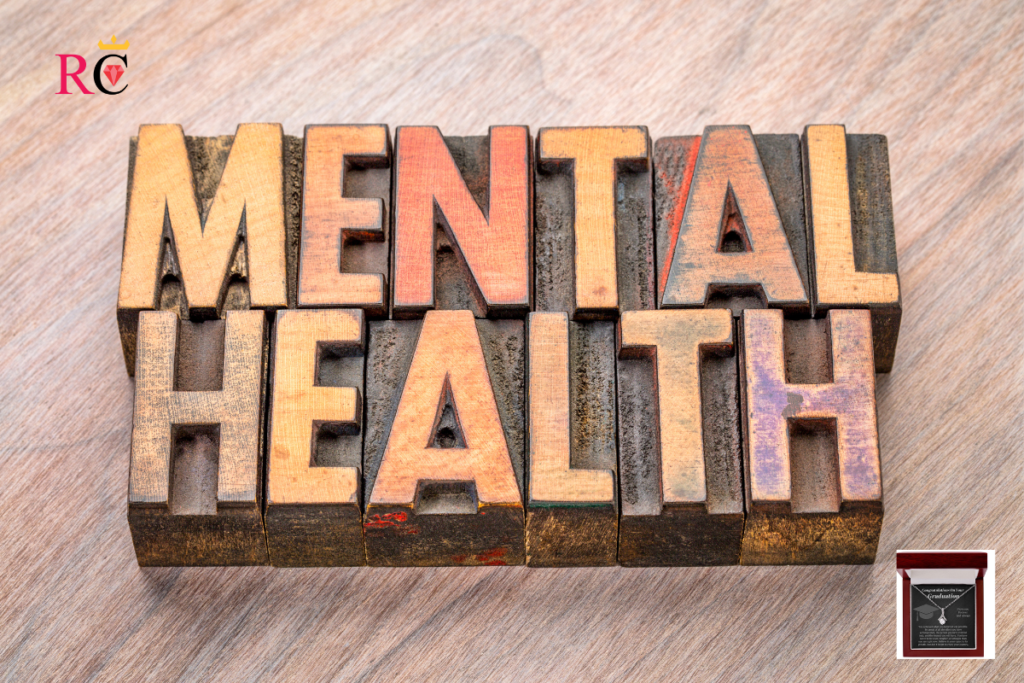
The transition from high school to college is an exciting time filled with new opportunities, independence, and personal growth. However, it can also bring about various challenges and stressors that can take a toll on a student’s mental health. It is crucial for college-bound students to prioritize their well-being and engage in effective self-care practices to navigate this transitional period successfully. This article explores the importance of mental health during the college transition and provides practical strategies and tips for self-care that can promote overall well-being and academic success.
The Importance of Mental Health in the College Transition: The college transition represents a significant shift in a student’s life, as they leave behind the familiarity of their hometown, family, and friends. Adjusting to a new environment, academic demands, and increased responsibilities can be overwhelming. It is vital to recognize that mental health plays a crucial role in ensuring a smooth and successful transition.
During this period, many students experience heightened stress, anxiety, and feelings of loneliness or homesickness. These challenges can adversely affect their academic performance, social relationships, and overall well-being. Neglecting mental health needs can lead to burnout, decreased motivation, and even the development of more severe mental health conditions.
Self-Care Strategies for College-Bound Students :
- Establish a Routine: Creating a structured daily routine can provide a sense of stability and control. Designate specific times for studying, relaxation, exercise, and socializing.
- Prioritize Sleep: Adequate sleep is essential for cognitive function, mood regulation, and overall health. Aim for 7-9 hours of quality sleep each night and establish a regular sleep schedule.
- Maintain a Balanced Diet: Nourishing your body with healthy foods can improve your mood and energy levels. Include a variety of fruits, vegetables, whole grains, and lean proteins in your meals. Limit excessive caffeine and sugar consumption.
- Exercise Regularly: Physical activity releases endorphins, which boost mood and reduce stress. Engage in activities you enjoy, such as walking, yoga, dancing, or team sports. Find opportunities to be active on campus, such as joining a sports club or utilizing the campus gym.
- Cultivate Supportive Relationships: Building a network of friends and seeking support from mentors or counselors can provide emotional support during the college transition. Join clubs or organizations that align with your interests to meet like-minded individuals.
- Practice Stress Management Techniques: Explore stress reduction techniques such as deep breathing exercises, meditation, mindfulness, or journaling. Find what works best for you and incorporate it into your daily routine.
- Set Realistic Expectations: College can be academically challenging, and it’s important to set realistic expectations for yourself. Avoid perfectionism and focus on progress rather than perfection. Break tasks into manageable chunks and celebrate small victories along the way.
- Take Breaks and Practice Self-Compassion: Allow yourself breaks and moments of rest. Be kind to yourself and practice self-compassion when facing challenges or setbacks. Remember that it’s okay to ask for help when needed.
- Engage in Activities You Enjoy: Dedicate time to hobbies, creative outlets, or activities that bring you joy. This can help reduce stress and provide a sense of fulfillment outside of academics.
- Seek Campus Resources: Most colleges offer a range of resources to support students’ mental health, such as counseling services, support groups, and wellness programs. Familiarize yourself with these resources and utilize them when necessary.
Prioritizing mental health and engaging in self-care practices are essential for college-bound students to navigate the transition successfully.
